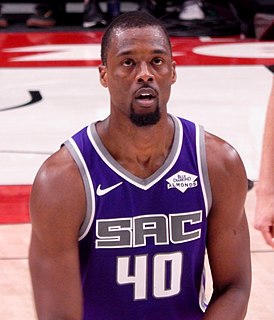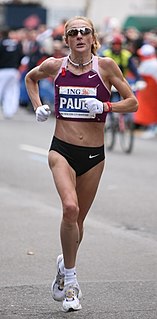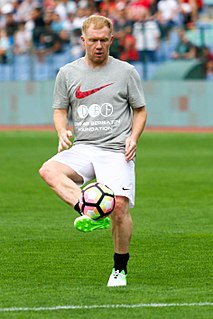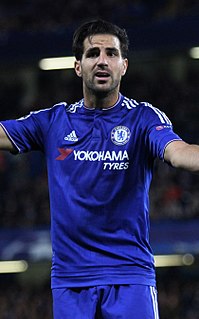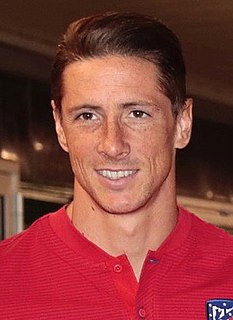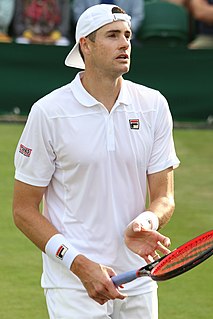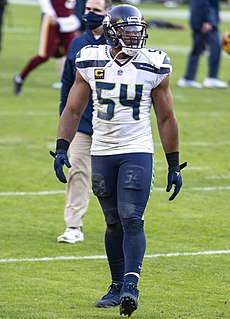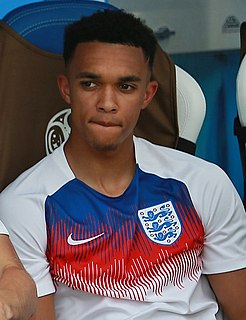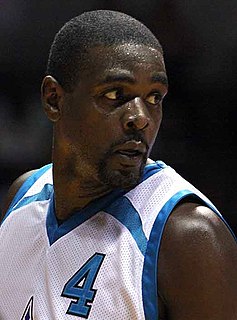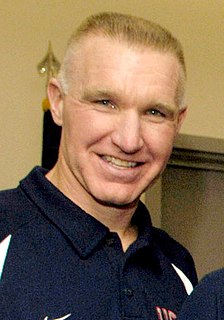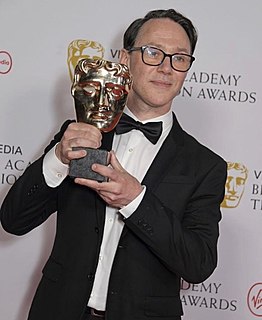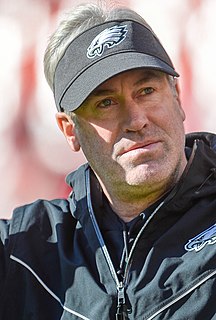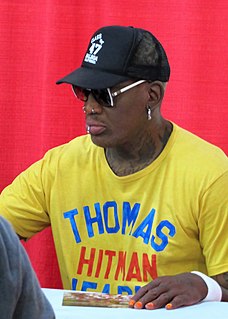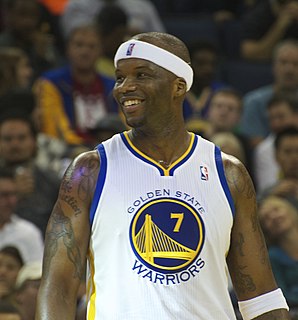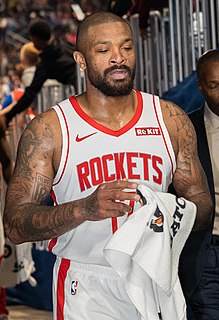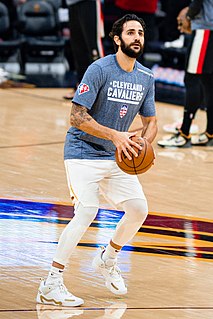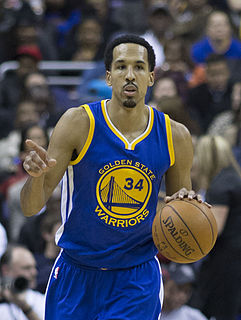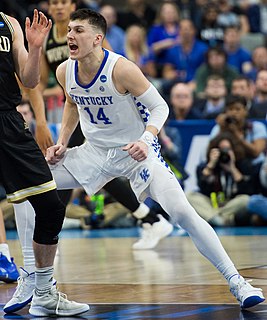A Quote by Harrison Barnes
As a player, you always want to know what you can do. At the end of your career, you can look back and say, look, I was able to get this much out of my playing career and I was able to become this type of player. I think that's what allows you to sleep well at night.
Related Quotes
If you look at what Ben Affleck has gone on to do, as an actor and as a director, it's extraordinary. But if you look back at his career, I don't think it's surprising. From Good Will Hunting on down, the guy is a monster talent, and I think talent wins out, in the end. There's always the ebb and flow of any career, but I think talent wins out, in the end.
I don't think I've necessarily been able to pick and choose in my career; I don't know how many people do. But I'll tell you what I've been able to do: I've been able to say no. It is the only thing you can hold on to sometimes, is that ability to say 'no.' And I think that in that way, you can create some kind of career.
He is a very complete, spectacular footballer. He always fights for the ball and tries to lose his marker to help his team-mates - either to defend or to have a shot on goal. For any football player in the Premiership, Scholes is a player you want to emulate. I would happily end my career with the medals that Scholes has. I am young and I hope that I will be able to surpass him - but it is not going to be easy.
But live you get the chance every night to rework it and change it and hone it. But then you get the false, weird oddness of being able to look at it and say: "Well that's weird, because last night they laughed at that and yet they didn't tonight. So what did I do? Nothing was different." You have that strange thing of being able to tell within five minutes what an audience is like. Very quickly an audience gets a personality and you start to think: "What is it about you all; you all hate it, don't you?" Then you come out and have friends in and they say: "It was brilliant!"
